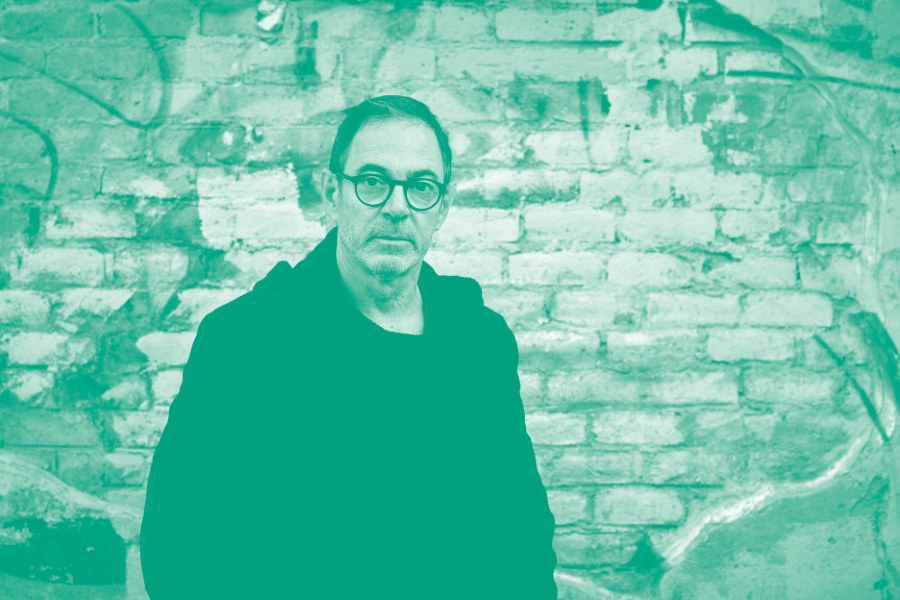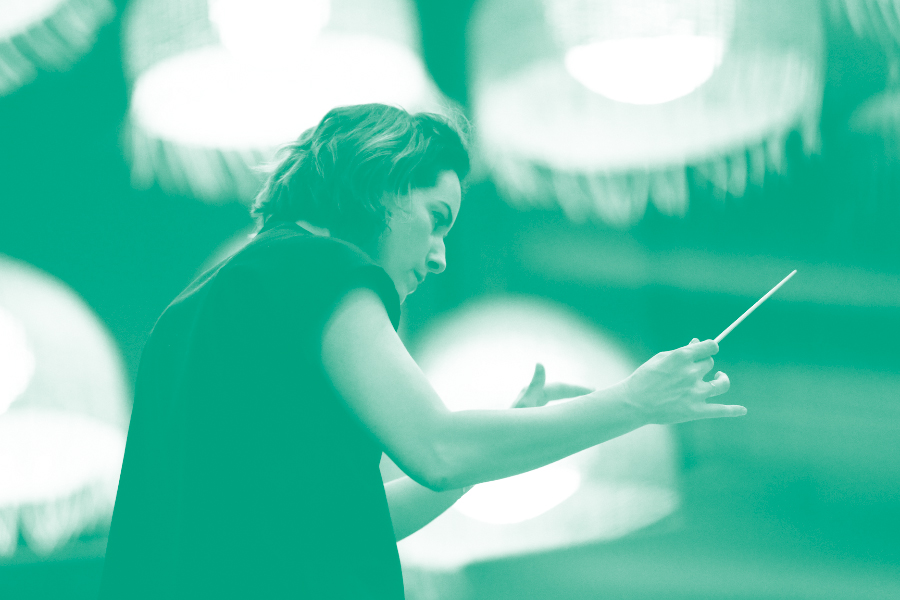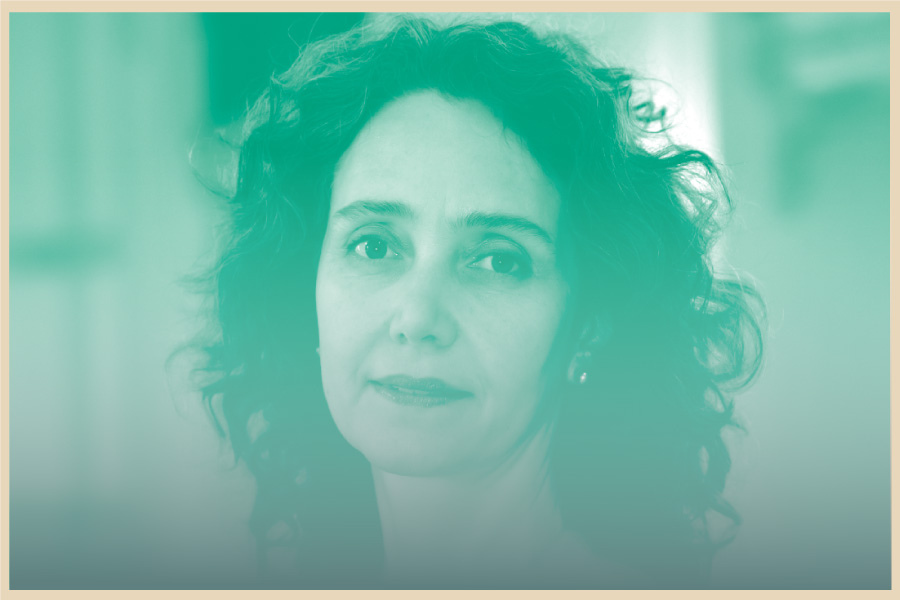Gonzalo Cuadra: “Talking about the opera’s reception is essential to understand the idiosyncrasy and idea of modernity”

Interview with chilean tenor Gonzalo Cuadra
Graduated with maximum distinction from the Faculty of Arts of the University of Chile in the careers of Bachelor of Arts Mention in Music and Higher Interpretation in Music mention singing.
As a soloist he has participated in seasons of the Municipal de Santiago, National Auditorium of the SODRE of Montevideo, Teatro Colón of Buenos Aires and the Margräfliches Opernhaus de Bayreuth, among others.
Stable soloist of the groups Estudio MusicAntigua (Catholic University of Chile), Syntagma Musicum (University of Santiago) and Terra Australis, along with them and also independently has performed in theaters and seasons in Chile, Argentina, Ecuador, Bolivia, Colombia , Venezuela, Portugal, Switzerland, Germany, France, and in prestigious Festivals of Ancient Music of South America.
In his work as a régisseur he has staged works by Blow, Torrejón and Velasco, Bach, Pergolesi, Mozart, Rossini, Marc’Antoine Charpentier, Ravel, Verdi and Donizetti, all in official opera seasons in Santiago, Concepción and Temuco.
He currently develops pedagogical work at the Alberto Hurtado University Music Institute and the Faculty of Arts of the University of Chile. He has also taught masterclasses for SODRE (Uruguay), the University of Cuyo and the Camping Musical de Bariloche (Argentina).
Although his solo repertoire is focused on the Baroque, his research and dissemination activity has also focused on the rescue of the chamber and opera vocal repertoire composed of Chileans between 1830 and 1950, he worked in conjunction with the Library’s Music Archive National and shown in different official concert seasons in Santiago.
How was your concern to investigate?
A little for my training (Bachelor of Music and Master of Musicology), a little for the interest of always. As a singer I dedicate myself to Baroque, a repertoire that to do so seriously requires historical and stylistic contextualizations and I had long since realized that in the standard lyrical repertoire this was often overlooked. Punctually with the field of historical Chilean opera, the book “La opera en Chile” by Cánepa Guzmán woke me up the fantasy of operas composed by Chileans in the same way that a travel book through legendary places arouses curiosity not only to know them but to prove that they are real. What was told of these operas had characteristics of archeology, great deeds, of sad battles, of – how will I find out later – ritual executions.
What has that research consisted of?
As I said, the opera composed of Chileans has had a complex past: from its beginnings in which a composer who composes them, who demonstrates our republican modernity, who makes us feel not only as opera-consuming nations, yearns in a paradoxical and desperate way but as producers, along with it, the intelligentsia attacked these composers for considering them lacking in talent, trade, and surpluses of insolence and daring; the composer should, but could not compose operas.
At the end of the 20s of last century, the presence of Domingo Santa Cruz now added the veto to the repertoire itself, seen as something superfluous, vain, social, shallow; Now the composer could, but he shouldn’t compose operas. They were silenced.
My research consisted not only in investigating primary sources, cleaning repeated opinions for decades, finding those scores (a complex work), analyzing them, contextualizing them, but also elaborating and editing an anthology of arias of those operas. Return them to the sound.
If you had to select three operas of the investigated ones, which ones would you select?
It is difficult, to the extent that each one fought its battle. He would leave for La Fioraia di Lugano (1895) by Ortiz de Zárate, for being the first Chilean opera to premiere; Unfortunately his music has been lost. Its premiere was received by the press as if the electric light had arrived and began the dichotomy between the applause of the public and the reluctance of the criticism that will characterize our lyrics.
Then, without a doubt, the tragic Lautaro (1902) again of Ortiz de Zárate, because in that year in which the first act of thehad also premiered Caupolicán de Acevedo Gajardo and Velleda de Hügel, finally the national intelligentsia lined up to raise his voice of war against national opera production. The journalistic war that led to its premiere became the tacit prohibition of any premiere of a Chilean opera for the next 27 years.
The third opera would be Sayeda (1929) by Prospero Bisquertt, because it is the most represented in history and liftedveto Lautaro’s; It was the first that had public appreciation and the national musical avant-garde. But as I say, each opera deserves a date, like Herta (1898) by Hügel, which is the first Chilean opera to be released abroad, in Berlin in 1898; o Érase un Rey (1947) by Casanova Vicuña, the first to be released abroad in the official season of the Teatro Colón from Buenos Aires in 1947; and certainly Caupolicán (1909) by Acevedo Gajardo, perhaps the most monumental opera of all the period.
Why is it interesting to know about Chilean opera?
For many reasons. Opera, as a genre, is fundamental in the new American republics, both culturally, socially, politically, in the acquisition of manners, style, modernity, even in urban planning (let’s think about building a theater) and everything what it entails: the new 360-degree scenario of what is seen and who is seen, replacing the colonial cathedral as a meeting and celebration point, and the gathering room as a point of conversation and cultural visibility.
Imagine now a Chilean trying to enter no longer as a consumer and participant, but as a protagonist, generating musical, political, social culture, from within.
Talking about the reception of these operas is essential to understand the idiosyncrasy and the idea of modernity of Chile at the time (and today). In addition – and that is not less, but it is always in a second place that I would love to overcome – there are moments in them of very beautiful music, of really efficient invoice, that is, also for aesthetic and theatrical enjoyment.
Your research goes from 1895 to 1950. What distinguishes that period?
Well, in Chilean opera composed and premiered is the beginning. But in addition, the first half of the twentieth century, close to the first centenary of the country, is a very interesting time, very young adulthood. Punctually in learned music there is a vision that it is in that period that the institutionality of the best music is founded and initiated, under the eaves of a National Conservatory of Music Reformed. Opera as a genre in intellectual appreciation suffers its most critical moment.
Finally, because from the second half of the 20th century a new concern appears: what is an opera? And it opens up to new experiments and questions that require new answers. I prefer, for the moment to focus on the first half of the century, closing in 1950, in which the news appears that someone is composing an opera or I find a manuscript that says opera, I know more or less what I can get to find or wait. I really enjoy the contemporary repertoire, it is not a value judgment, it is simply to narrow down my research.
What is your opinion of the state of opera in the world and in Chile?
I think that, like all art, opera has been facing changes of a different nature since its creation in 1600, and today is no exception. Just as in the mid-twentieth century he struggled because his advertisements were not overshadowed by movie posters, so today he faces not losing public, accessing new spectators and new scenarios, to lower costs. He has privileged the visual and faces the audition and fragmentary attention of the new generations.
It is a complex moment, but, as I said, it is not the first and surely it will not be the last. And why should a nation focus on such an art? Because it is not only a labor field for many people but because it represents those good things that human beings can create, it is the sum of diverse arts, it is science and emotion, and it also implies the development of a nation, since those arts they can only be carried out in the stability of a political, economic and educational system in which urgent and basic needs are already covered.
In Chile, particularly, the decentralization and breakdown of themonopoly over Santiago Municipal the past 10 years is the highlight: regional theaters with small seasons and the wonderful effort of small independent opera companies, hand in hand, as I said before, of professionals in increasing numbers.
To this is added again the production of Chilean composers, which today has a new role, both in more experimental or traditional facets and far from prejudices a hundred years ago: the names of Sebastián Errázuriz, Miguel Farías, Gustavo Barrientos, René Silva, for mention only four, are examples of this.
Personally, I have been able to perform two thematic concerts with those historical operas, have the complicity of pianists and singers such as Yudays Perdomo, Leonora Letelier, Soledad Mayorga, Belem Abraham, Cristián Moya, Pilar Aguilera, Matías Moncada and especially Rony Ancavil, with which we conform “National Opera Collective”; coordinate the recording of a CD for the ChileClásico label with arias and concerted; and the next publication of the book and anthology “Opera Nacional, that’s what they called it / 1898 – 1950” in the editorial of the Alberto Hurtado University. It is not a bad picture.
What I wish is that the singer be encouraged, the singing teacher includes, the concerts reflect, the musicologist complements, that the journalist knows, the auditor prosecutes, that the old opera composed of Chileans, come back to life for an instant, sound and explain.





